Attention Deficit Hyperactivity Disorder (ADHD) affects millions worldwide, impacting focus, memory, and daily life quality. While pharmaceutical treatments remain the mainstream approach, an increasing number of individuals seek complementary, natural remedies to enhance cognitive function and support brain health. Among these alternatives, the use of herbs has garnered significant scientific and popular interest. In this article, we explore the best herb for ADHD, natural strategies to improve attention and memory, and how these solutions may fit into a broader health plan. We will also examine the vital connection between nutrient status, particularly vitamin B12, and cognitive performance, ensuring a holistic perspective that meets the highest standards of medical accuracy and readability.
You may also like: Where to Buy Bacopa Monnieri: How to Find Quality Supplements for Cognitive and Memory Support
Understanding ADHD Beyond the Basics
ADHD is often misunderstood as merely a disorder of hyperactivity. In reality, it encompasses a constellation of cognitive challenges including inattentiveness, impulsivity, and executive dysfunction. The neurological underpinnings of ADHD involve dysregulation in neurotransmitter systems, particularly dopamine and norepinephrine. Standard medications aim to modulate these systems to improve symptoms. However, many patients experience side effects, leading to a growing interest in safer, natural interventions. Exploring herbal options for ADHD management demands not only historical knowledge of botanical use but a modern understanding of neurobiology, nutrient deficiencies, and lifestyle factors that contribute to symptom expression.
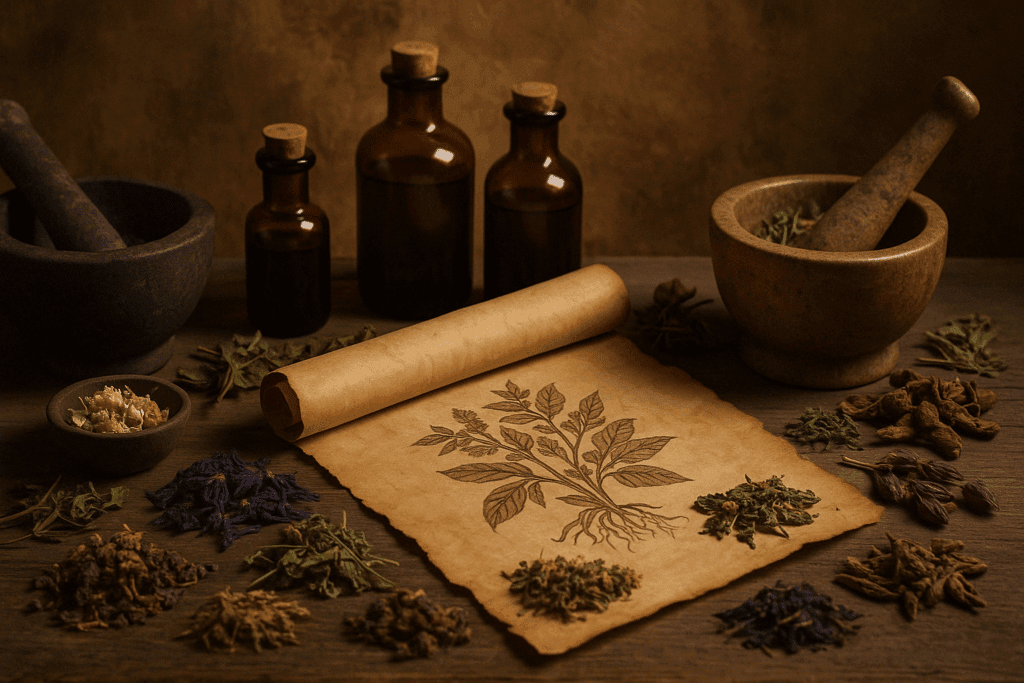
The Historical Role of Herbs in Cognitive Support
Long before synthetic medications, herbs played a crucial role in supporting mental clarity, emotional balance, and memory. Ancient medical systems such as Ayurveda, Traditional Chinese Medicine (TCM), and indigenous healing practices revered certain plants for their ability to “sharpen the mind” and “soothe the spirit.” These historical uses offer valuable starting points for modern scientific inquiry. With advancements in phytochemistry and clinical research, we can now identify active compounds within these herbs that interact with human biology in meaningful ways. The enduring question, however, remains: which herb stands out as the best for ADHD support?
Ginkgo Biloba: Enhancing Memory and Cognitive Resilience
Among the most studied herbs for cognitive function is Ginkgo biloba. Derived from one of the oldest tree species on Earth, Ginkgo’s leaves contain flavonoids and terpenoids that exhibit antioxidant and anti-inflammatory properties. These compounds are believed to enhance cerebral blood flow and support neurotransmitter balance, key factors in attention and memory. Clinical trials have demonstrated Ginkgo’s potential to improve working memory, processing speed, and even executive function in various populations. While not a cure for ADHD, Ginkgo may complement traditional treatments and support brain health when used responsibly.
Interestingly, research into Ginkgo also intersects with the study of nutrient deficiencies and memory loss. For instance, oxidative stress, often exacerbated by vitamin deficiency and memory loss, can impair neuronal integrity. By reducing oxidative burden, Ginkgo may mitigate some cognitive challenges associated with ADHD, especially when underlying nutrient deficiencies are addressed simultaneously.
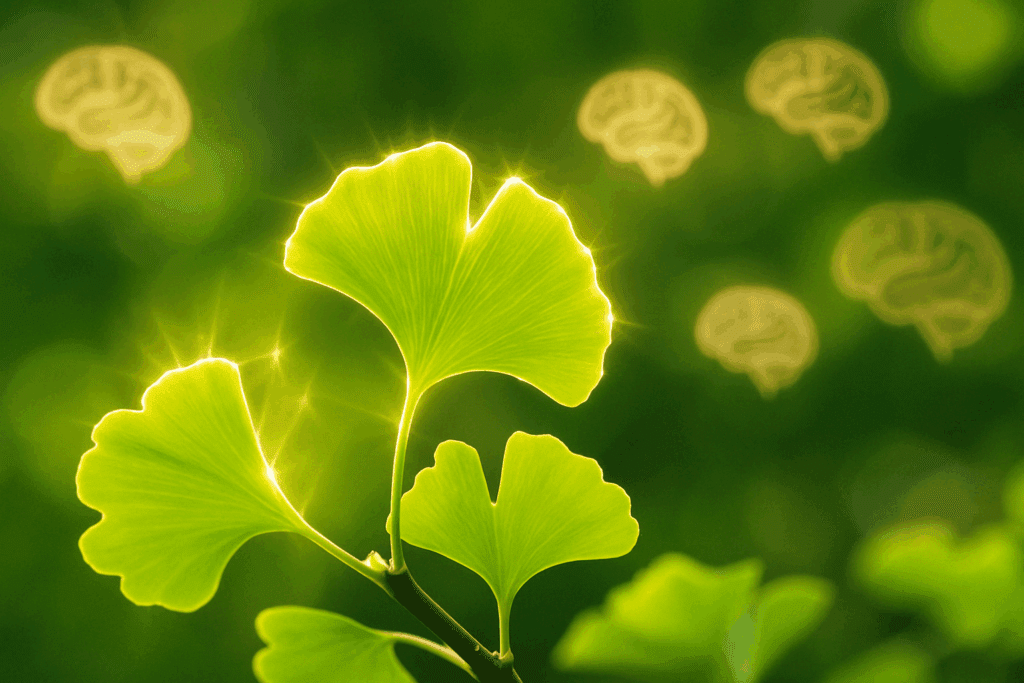
Bacopa Monnieri: An Ayurvedic Treasure for Focus and Calm
Bacopa monnieri, also known as Brahmi, holds a prominent place in Ayurvedic medicine for enhancing intellectual capacity and reducing anxiety. Its active compounds, bacosides, are thought to support synaptic communication and promote neurogenesis—the formation of new neurons. Several randomized controlled trials have highlighted Bacopa’s ability to improve attention, memory retention, and learning capacity. These properties make it an attractive option for individuals seeking natural support for ADHD.
Moreover, Bacopa’s adaptogenic qualities, meaning its ability to help the body adapt to stress, offer an additional advantage. Chronic stress can exacerbate ADHD symptoms and contribute to vitamin deficiency and memory loss, creating a vicious cycle of cognitive decline. By reducing the stress response, Bacopa may indirectly enhance memory and focus while promoting overall neurological resilience.
Rhodiola Rosea: Energizing the Brain and Body
Rhodiola rosea, a hardy plant native to cold regions, has traditionally been used to fight fatigue and enhance physical endurance. Modern research indicates that it also exerts significant nootropic effects—beneficial for cognition—making it a valuable ally for those with ADHD. Rhodiola’s key bioactive constituents, rosavins and salidroside, help regulate stress hormones like cortisol, support mitochondrial energy production, and enhance neurotransmitter synthesis.
One reason Rhodiola deserves mention in discussions about ADHD herbs is its ability to sustain mental energy without overstimulation. Unlike caffeine, which can cause jitteriness and worsen impulsivity, Rhodiola tends to offer smooth, sustained focus. This quality can be particularly helpful for individuals grappling with vitamin deficiency and memory loss, conditions where energy metabolism and cognitive performance are intricately linked.
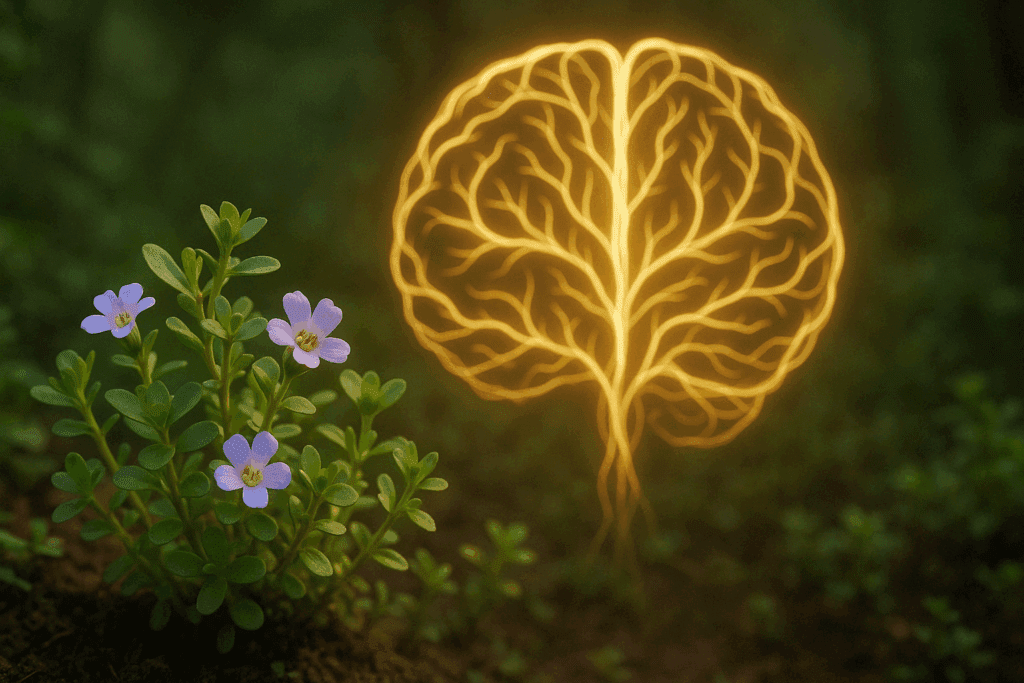
Panax Ginseng: A Time-Honored Cognitive Tonic
Panax ginseng, known as the “king of herbs” in TCM, boasts a history of use for revitalizing energy and mental performance. Ginsenosides, the primary active components, are thought to support neurotransmitter balance, promote neuroplasticity, and combat oxidative stress. Several studies have found that Panax ginseng supplementation may improve working memory, attention, and even subjective feelings of calmness—all relevant to ADHD symptom management.
In relation to memory support, Panax ginseng may provide a vital bridge between herbal supplementation and nutrient optimization. For individuals struggling with what vitamin deficiency causes memory problems, ensuring adequate intake of B vitamins, particularly B12, alongside ginseng supplementation could magnify cognitive benefits. This synergistic approach reflects the growing understanding that herbs and nutrients often work best in tandem, not isolation.
Gotu Kola: The Herb of Longevity and Mental Clarity
Gotu kola (Centella asiatica) is another botanical frequently cited in discussions about cognitive enhancement. Traditional uses range from wound healing to promoting longevity, but recent research emphasizes its neuroprotective and cognitive-supportive properties. Rich in triterpenoids, Gotu kola may help repair damaged neurons, stimulate new cell growth, and enhance brain plasticity.
For individuals experiencing ADHD symptoms alongside broader cognitive concerns like vitamin deficiency and memory loss, Gotu kola offers a gentle yet potent intervention. Its capacity to reduce inflammation, improve circulation, and support neurotransmitter health aligns well with the holistic needs of ADHD management. Incorporating Gotu kola into a broader supplementation plan that addresses vitamin B12 status may yield even greater cognitive resilience.
Vitamin B12 and Cognitive Function: An Overlooked Connection
When exploring natural support for ADHD and cognitive health, it is crucial not to overlook the foundational role of vitamins, particularly vitamin B12. Vitamin B12 is essential for myelin formation, neurotransmitter synthesis, and energy production within brain cells. Deficiency can lead to profound cognitive impairments, including memory loss, poor concentration, and mood disturbances.
Understanding what vitamin deficiency causes memory problems is vital in creating an effective plan for brain health. Numerous studies have highlighted that low vitamin B12 levels correlate with poorer cognitive outcomes, not only in older adults but across the lifespan. Thus, when considering herbs for ADHD or other cognitive concerns, evaluating and correcting B12 deficiency must be a priority.
A common question arises: does vitamin B12 help with memory? Evidence suggests that adequate B12 levels are necessary for optimal memory function. Supplementation in deficient individuals often leads to significant improvements in memory retention, attention, and mental clarity. Consequently, the inquiry “does B12 help with memory” is not just academic—it carries real-world significance for individuals seeking to sharpen their minds naturally.
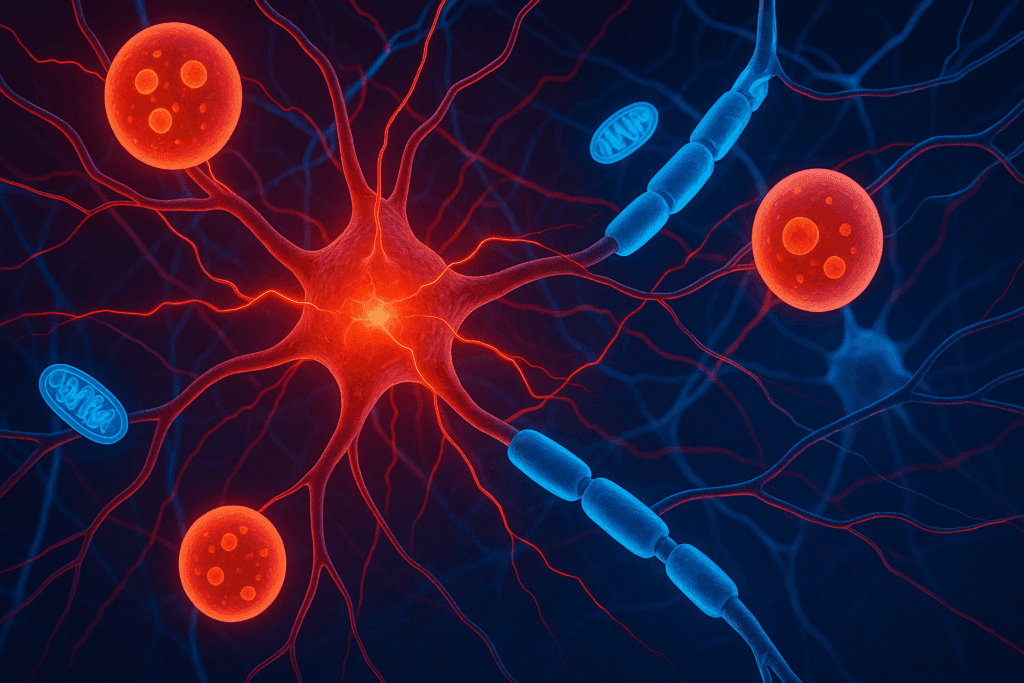
Why Vitamin B12 Must Be Considered Alongside Herbal Therapies
Is B12 good for memory? The answer is a resounding yes, provided it is used to correct an existing deficiency. Vitamin B12 supports numerous metabolic processes critical to brain health, including methylation, DNA synthesis, and homocysteine regulation. Elevated homocysteine, a byproduct of poor B12 status, is associated with neurodegenerative diseases and cognitive decline. Addressing B12 deficiency can help normalize these pathways, creating a healthier internal environment for herbal therapies to exert their full potential.
Furthermore, the question “is vitamin B12 good for memory” highlights the importance of comprehensive cognitive support strategies. It is insufficient to rely on a single herb or nutrient in isolation; instead, addressing all relevant physiological needs—including vitamin B12 status—maximizes the effectiveness of natural interventions.
Integrating Herbal and Nutritional Strategies for ADHD
Designing an integrated approach for ADHD management involves recognizing the complex interplay between neurotransmitters, micronutrients, lifestyle factors, and herbal supports. Selecting the best herb for ADHD requires an understanding of individual needs, symptom patterns, and underlying health issues such as vitamin deficiency and memory loss. Personalized plans might include Bacopa for memory enhancement, Rhodiola for sustained mental energy, and targeted B12 supplementation to correct deficiencies contributing to cognitive dysfunction.
An often overlooked aspect of this approach is diet. Nutrient-dense, anti-inflammatory diets rich in leafy greens, fatty fish, nuts, seeds, and whole grains can provide foundational support for brain health. Such dietary strategies complement herbal supplementation and help prevent the development of vitamin deficiencies that could compromise memory and attention.
Practical Considerations for Choosing and Using Herbs Safely
While the appeal of natural therapies is strong, it is important to approach herbal supplementation with caution and knowledge. Not all herbs are suitable for all individuals, and potential interactions with medications must be carefully considered. Consulting with a qualified healthcare provider, preferably one knowledgeable in integrative or functional medicine, is essential before initiating any herbal regimen.
Additionally, sourcing high-quality herbs from reputable suppliers ensures purity and potency. Adulterated or contaminated herbal products can pose health risks and undermine therapeutic goals. Transparency in labeling, third-party testing, and adherence to Good Manufacturing Practices (GMP) are key indicators of a trustworthy product.
Finally, patience is critical. Herbal interventions often work subtly over time, supporting the body’s natural healing processes rather than overriding them with brute biochemical force. Consistent, long-term use, combined with attention to diet, stress management, and adequate sleep, creates the best foundation for cognitive improvement and resilience.
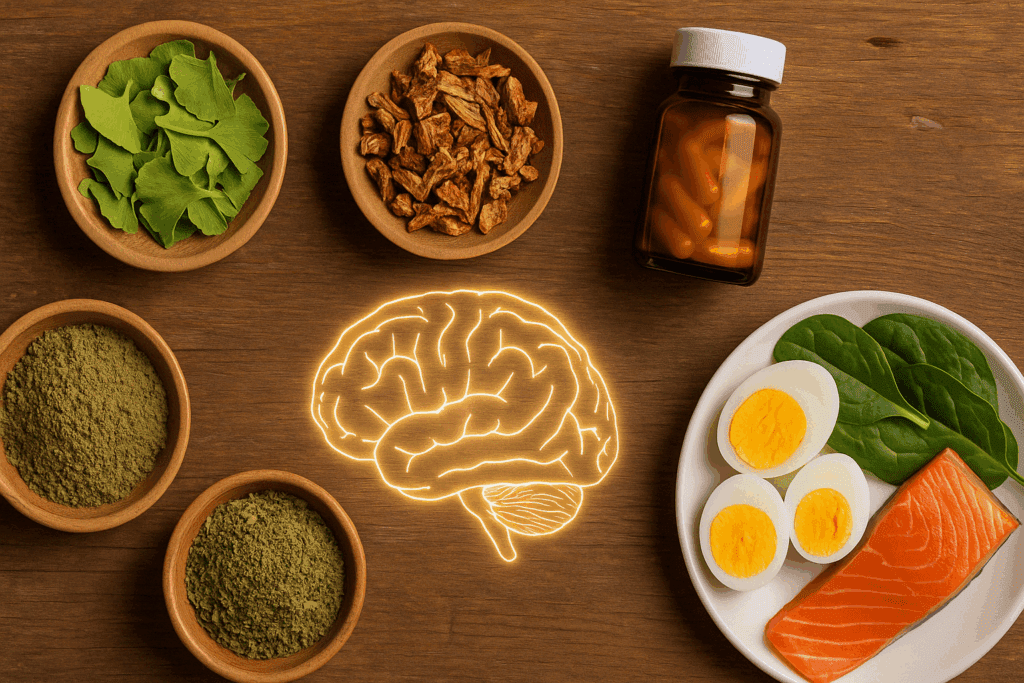
Conclusion: Embracing a Holistic Path to Brain Health with Herbs and B12
In the quest to find the best herb for ADHD, it becomes clear that no single plant holds all the answers. Instead, a thoughtful combination of herbal strategies, nutritional optimization, and lifestyle adjustments offers the greatest potential for meaningful, lasting improvement. Ginkgo biloba, Bacopa monnieri, Rhodiola rosea, Panax ginseng, and Gotu kola each bring unique strengths to the table, supporting focus, memory, and overall brain vitality.
Equally essential is the recognition that nutrient deficiencies, particularly in vitamin B12, can significantly compromise cognitive function. Understanding what vitamin deficiency causes memory problems equips individuals to take proactive steps toward brain health. Knowing that vitamin B12 is good for memory underscores the necessity of regular monitoring and supplementation when needed.
As scientific research continues to validate the wisdom of traditional herbal practices and highlight the indispensable role of micronutrients like B12, individuals are empowered to take a more active, informed role in their cognitive well-being. Natural, evidence-based strategies provide a path not only for symptom management but for the flourishing of the human mind in all its complexity and potential.
Ultimately, supporting focus, memory, and brain health demands a holistic, integrative mindset—one that honors both ancient knowledge and modern scientific rigor. By embracing this path, individuals can chart a course toward greater mental clarity, emotional balance, and vibrant cognitive vitality for years to come.
Was this article helpful? Don’t let it stop with you. Share it right now with someone who needs to see it—whether it’s a friend, a colleague, or your whole network. And if staying ahead on this topic matters to you, subscribe to this publication for the most up-to-date information. You’ll get the latest insights delivered straight to you—no searching, no missing out.
Further Reading:
7 Best Herbs for Memory and Brain Health
7 Best Cognitive Enhancers For ADHD
Important Note: The information contained in this article is for general informational purposes only, and should not be construed as health or medical advice, nor is it intended to diagnose, prevent, treat, or cure any disease or health condition. Before embarking on any diet, fitness regimen, or program of nutritional supplementation, it is advisable to consult your healthcare professional in order to determine its safety and probable efficacy in terms of your individual state of health.
Regarding Nutritional Supplements Or Other Non-Prescription Health Products: If any nutritional supplements or other non-prescription health products are mentioned in the foregoing article, any claims or statements made about them have not been evaluated by the U.S. Food and Drug Administration, and such nutritional supplements or other health products are not intended to diagnose, treat, cure, or prevent any disease.


